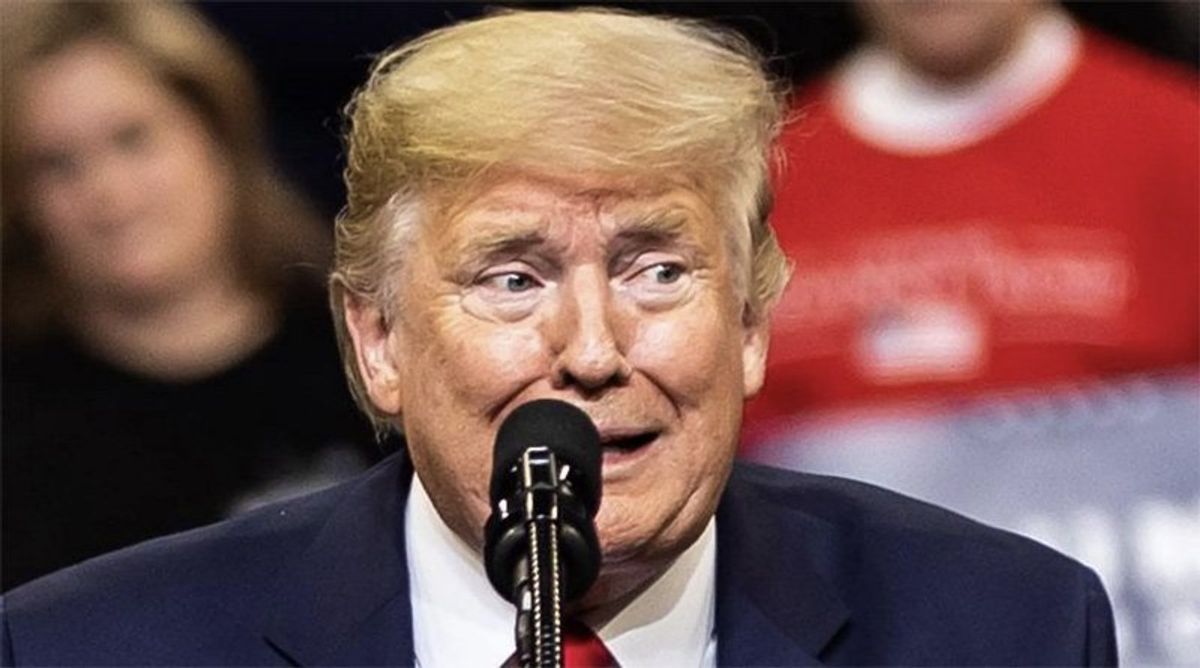
While President Donald Trump at least temporarily sent markets surging after announcing that he was backing off some of his tariffs against foreign nations, two economists warned that the American economy is still in significant danger of falling into a recession.
Economist Larry Summers wrote on X that while he was glad to see Trump back off his most extreme actions, his erratic behavior has still shaken confidence in the United States government.
"It is tragic to see the United States following banana republic policy approaches and market patterns," he wrote. "The Administration was crowing over the weekend about all the countries that wanted to talk. No postponement then. Now they are rightly scared after collapsing markets. Reckless improvisation not a strategy and total dishonesty about what is driving them."
Additionally, Summers noted that the administration was still placing high tariffs on foreign goods and that even higher tariffs could return within 90 days.
"Even their new regime has tariffs near Smoot-Hawley levels and will cost middle class families close to $2,000 dollars," he warned. "We are far from being out of the woods. Much credibility has been lost. Be afraid."
ALSO READ: Markets surge as Trump orders 90-day tariff pause — except for China
Over on Bluesky, meanwhile, University of Michigan economist Justin Wolfers echoed Summers' points about the economic dangers from Trump's policies being an ongoing concern.
"Tariffmageddon isn't over: Lotsa tariffs to account for, but the average tariff rate is only down around one quarter," he wrote. "So most of the pain of Liberation Day is still with us."
Wolfers also predicted that business investment in the United States would freeze given the way Trump has shifted constantly throughout this process.
"The rationale for this policy keeps changing," he wrote. "Remember when it was all about bringing manufacturing home? (That was yesterday.) Now it's negotiating deals. Those are fundamentally in tension. (I'm only going to build a factory in the US if tariffs are likely to persist.) During this pause, the United States will still have the highest tariffs in the industrialized world, perhaps 10-20 times that of most of our trading partners, and roughly ten times higher than it was before. These are still at or above the Depression era Smoot-Hawley tariffs."




